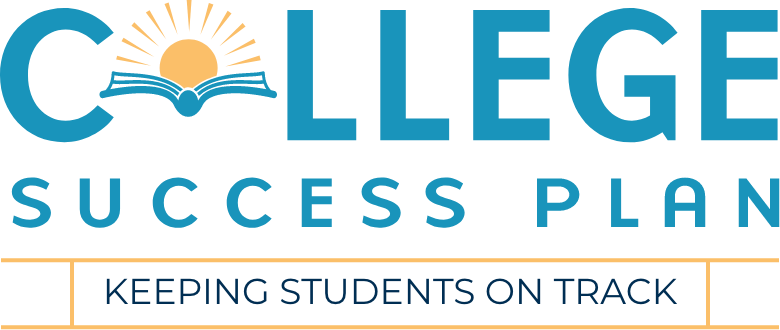Refining Your Study Habits: Learning from Midterms and Planning Ahead
As October winds itself down, the intensity of college life starts to hit full force. You’ve likely been juggling classes, assignments, and a social life, but now midterms are here, adding another layer of pressure. Whether your exams are still ahead or you’ve already faced a few, this period is an opportunity not just to test your knowledge but also to reflect on how you’ve been handling your workload and what you can improve going forward.
Assess Your Study Habits: What’s Working and What’s Not
Midterms are a great time to take a step back and evaluate your study habits. If you’ve been feeling overwhelmed or found yourself cramming last minute, now is the perfect moment to ask yourself what’s working—and what’s not.
Start by considering how you've prepared for exams so far. Did you give yourself enough time? Were your notes organized and easy to review? Did you understand the material, or were you trying to memorize everything at the last minute? Here are a few guiding questions to help you reflect:
Time Management: Did you have a study schedule, or were you trying to fit in study sessions at the last minute? If you felt rushed, how can you start planning ahead for finals?
Study Environment: Did you have a productive place to study? If your dorm room or favorite coffee shop was full of distractions, think about finding a quieter space next time.
Methods: What study techniques did you use? Were they effective? For example, if you spent hours re-reading textbooks but struggled to retain information, maybe it’s time to try active recall or using flashcards.
Energy and Focus: Did you study for hours at a time, or did you give yourself regular breaks? Research shows that taking breaks can actually improve focus and retention, so make sure you’re not burning out by over-studying.
The goal here is to identify your strengths and weaknesses when it comes to studying. No one has a perfect system right away, but by reflecting on your habits, you can start making adjustments that will benefit you throughout the rest of the semester.
What to Do After Midterms: Reflect, Adjust, and Move Forward
Once midterms are over, whether you feel great about your performance or not, the most important thing you can do is reflect and adjust. Midterms provide valuable feedback—not just about how well you know the material, but also about how well your study strategies are working.
If you did well, take note of what worked. Did you start studying early? Did you use helpful techniques like practice exams or group study sessions? These are habits you’ll want to keep as finals approach.
If midterms didn’t go as planned, don’t be discouraged! Instead, see it as an opportunity to make changes and improve for next time. Here’s a step-by-step guide on how to move forward:
Review Your Results: Look over your graded exams or talk to your professors to understand where you struggled (see our blog on helpful tips to make talking to professors feel less awkward). Consider what caused you the most difficulty. Was it a particular concept? Time management during the exam? Misinterpreting questions? Not understanding the directions? Identifying the root of your problem allows you to focus on ways to improve the next time around.
Revise Your Study Techniques: If your current methods didn’t yield the results you hoped for, explore alternatives. For example, if you were passively reading your notes, try more active techniques like summarizing concepts in your own words, creating concept maps, or teaching the material to someone else.
Create a New Game Plan: Use what you’ve learned from midterms to build a more effective study routine for the rest of the semester. Set mini-goals for each week leading up to finals, making sure to schedule review sessions, complete practice problems, and leave room for self-care.
Seek Support: If you’re feeling stuck, don’t hesitate to ask for help. Campus resources like tutoring centers, study groups, supplemental instruction sessions and office hours with professors can give you the guidance you need to better understand the material and build your confidence.
Stay Positive and Flexible: Remember, one set of exams doesn’t define your entire semester! Use midterms as a checkpoint to adjust and grow. Keep a positive mindset and stay flexible as you refine your approach.
Looking Ahead
The second half of the semester is a fresh start, so use it wisely! By refining your study habits now, you can build momentum and approach finals with more confidence and less stress. Remember, the goal isn’t to be perfect, but to keep learning, adjusting, and improving as you go.
If you stay proactive, assess your study methods, and make changes based on your midterm experience, you’ll be in a much stronger position to succeed as the semester continues. Good luck!

